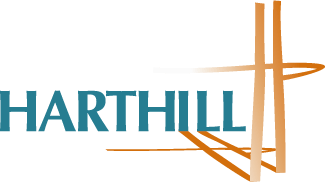ORGANISATIONAL ACTION LOGICS
Transforming Conversations with leaders working with organisational change.
Hosted by Ian Harcus
4 March
Bill Torbert and David Rooke’s work on action inquiry gives examples of consultancy assignments that applied the model of organisational action-logics to improve client performance. Yet so far organisational action-logics have not taken off in the ways individual action-logics have done.
Recent new work aims to make organisational action-logics more accessible, help people spot opportunities to apply it, and provide practical tools to help consultants and clients work with this model.
The work claims that:
- Organisations able to evolve to their next organisational action-logic will likely acquire greater agility, resilience, and effectiveness, and see significant, lasting improvement in performance.
- Organisational redesigns – highly prevalent in the corporate world – will likely fail to deliver significant, lasting improvement unless they also stimulate or enable development to a later action-logic. Conventional wisdom on corporate transformation is overlooking this effective lever of change.
- Many structures and processes – for example balanced scorecards, shared services models, self-organising teams, and the approaches described in Frederic Laloux’s book Reinventing Organisations – only really flourish once an organisation has reached a particular action-logic. Attempts to impose a later-stage structure or process on an earlier stage organisation can cause dysfunction.
This experiential workshop aims to facilitate a mutual exploration of how organisational action-logics and associated tools may be valuable for consultants in the Harthill Community and their clients.
Specifically, participants in the workshop will:
- Explore how organisational action-logics are relevant to client challenges and goals.
- Explore the interplay between hard organisational facets (structure, processes, etc), cultural facets (behaviours, conversational dynamics etc) and individual leadership.
- Practice using self-assessment and other tools for client workshops – and receive all of these tools.
- Review ways of using all this in consultancy assignments.
Ian Harcus has worked with action-logics and developmental theory for over 10 years, and recently published a book on conversational and organisational action-logics. Transforming Conversations is available now for Kindle and other ebook readers, and will soon be out in paperback.
DATES: 4 March
TIME: 1400 - 1700 UK
COST: £105 + VAT





